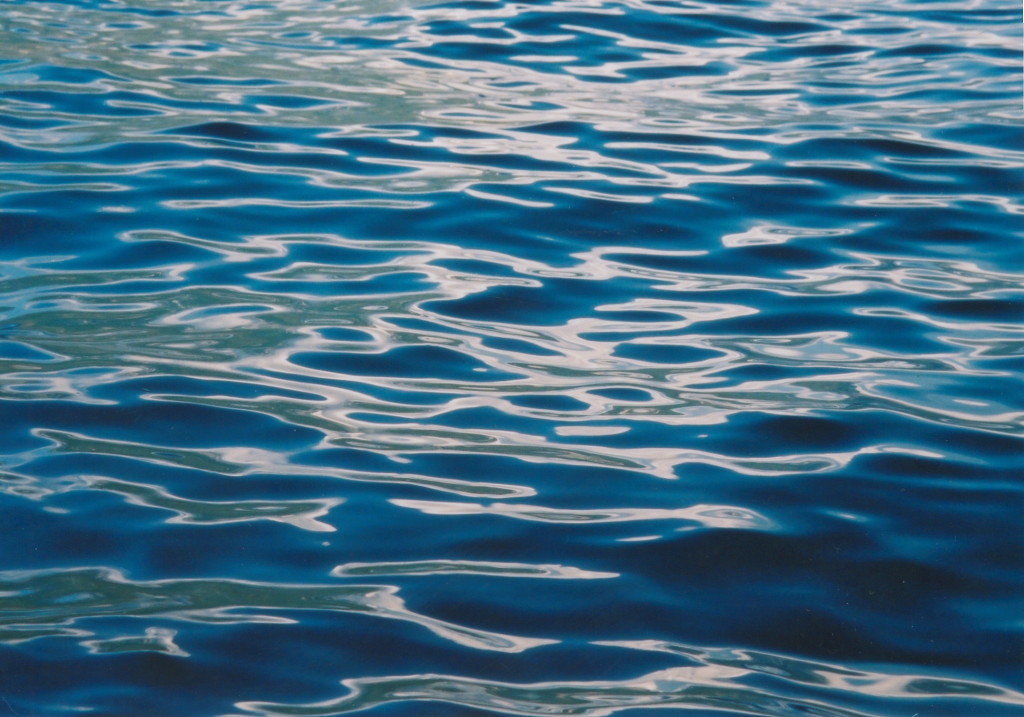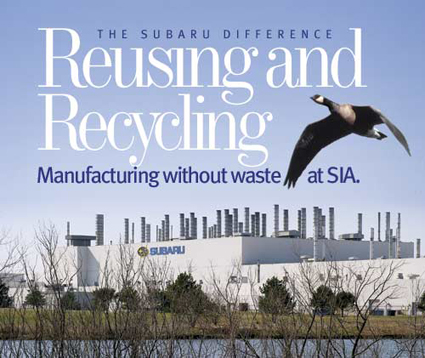
As the world’s population grows, so does demand for resources – especially clean water, which is becoming increasingly scarce. But efforts are under way to find solutions to this growing problem.
One potentially revolutionary water recycling solution has been developed at the State University of New York at Delhi. The massive project will divert a daily total of 200,000 gallons of treated wastewater into an underground irrigation and storage system, greatly increasing local water-treatment capacities, benefiting New York City.
This system would offer a number of benefits, the most important of which is the ability to provide more clean water to the local area on a daily basis.
Benefits of the irrigation system
The project, created by the university’s Center of Excellence in Watershed Applications of Technology for Economic Revitalization, will create more than 80 new jobs split between two local businesses. Similar results could be seen in every community that eventually adopts the system. And in a single community, the irrigation system is expected to create millions of dollars in economic activity every year, at a cost of just $2.2 million.
The importance of clean water
Clean water is one of the most important and vital resources in terms of quality of life, and many communities in the United States are fortunate enough to drink and use clean, treated water every day. Unfortunately, this isn’t a universal luxury. Many efforts in resource conservation and management have been aimed at finding ways to provide clean drinking water to undeveloped or developing nations. But that hasn’t diminished the needs of communities in the United States, where conservation remains a key focus.
By becoming more efficient users of water domestically, Americans can help relieve the global water crisis and diminish the strained water resources available on the home front.
 Implementing water conservation in the home
Implementing water conservation in the home
Even amid these new clean water solutions, there are still steps consumers can take in their own homes to contribute to the effort. Start by turning off running water when no one is using it, and installing energy-efficient faucets and water fixtures throughout the home. Consumers can also cut out bottled water consumption by instead using a good quality water filter to clean drinking water. And anytime consumers can reuse water – such as collecting rainwater in buckets or barrels and using it to water plants – the better.
With any luck, continued innovation and an investment into research will produce new, more efficient methods of conserving water and increasing the availability of clean drinking water not only in the United States, but around the world. The new project developed by SUNY Delhi will go a long way toward expanding clean water treatment, and its ability to boost the economy comes at a good time for the country. Depending on how easily – and effectively – it’s introduced into the local community, similar systems may soon find their way into communities all across the United States, and then maybe in other countries as well.




